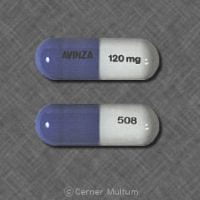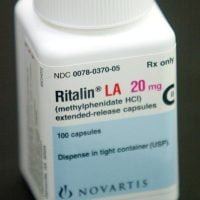Description
I. Introduction
A. Definition of Zopiclone B. Why is it prescribed? C. Prevalence of use D. Purpose of article
II. Background Information
A. History of Zopiclone B. Mechanism of Action C. Dosage and Administration D. Contraindications
III. Benefits of Zopiclone
A. Treatment of Insomnia B. Short-Term Use C. No Hangover Effect D. Low Risk of Dependence
IV. Side Effects of Zopiclone
A. Common Side Effects B. Rare Side Effects C. Long-Term Use D. Withdrawal Symptoms
V. Precautions and Interactions
A. Precautions B. Drug Interactions
VI. Conclusion
A. Recap of Benefits B. Importance of Proper Use C. Future of Zopiclone Research
I. Introduction Zopiclone is a prescription medication used to treat insomnia. It is part of the class of drugs known as cyclopyrrolones, and it works by increasing the activity of the neurotransmitter gamma-aminobutyric acid (GABA) in the brain. Zopiclone is a popular medication for the treatment of insomnia, and it is commonly prescribed by physicians. This article will provide an overview of Zopiclone, including its background, benefits, side effects, precautions, and interactions.
II. Background Information
A. History of Zopiclone Zopiclone was first introduced in Europe in 1986 and was subsequently approved for use in Canada in 1992. It is currently available in many countries worldwide, including the United Kingdom, Australia, and New Zealand. Zopiclone is available in tablet form, and the usual dosage is 7.5mg taken at bedtime.
B. Mechanism of Action Zopiclone works by increasing the activity of GABA in the brain. GABA is an inhibitory neurotransmitter that reduces the activity of neurons in the brain. By increasing the activity of GABA, zopiclone helps to calm the brain and induce sleep.
C. Dosage and Administration The recommended dosage of zopiclone is 7.5mg taken at bedtime. It is important to take the medication as directed by your physician, and not to exceed the recommended dose. Zopiclone should be taken immediately before going to bed, as it can cause drowsiness and impair your ability to drive or operate machinery.
D. Contraindications Zopiclone should not be used by individuals who are allergic to the medication or any of its ingredients. It should also be avoided by individuals with a history of drug or alcohol abuse, as it can be habit-forming. Zopiclone should not be taken by pregnant or breastfeeding women, as it can be passed to the baby through breast milk.
III. Benefits of Zopiclone
A. Treatment of Insomnia Zopiclone is primarily used to treat insomnia, a condition characterized by difficulty falling asleep or staying asleep. It is effective at inducing sleep and can improve the quality of sleep in individuals with insomnia.
B. Short-Term Use Zopiclone is recommended for short-term use only, typically for no more than two to four weeks. This helps to minimize the risk of dependence and other adverse effects.
C. No Hangover Effect Unlike other medications used to treat insomnia, such as benzodiazepines, zopiclone does not cause a hangover effect the next day. This means that individuals who take zopiclone can wake up feeling refreshed and alert.
D. Low Risk of Dependence Although zopiclone can.
If you want more information click here






Reviews
There are no reviews yet.